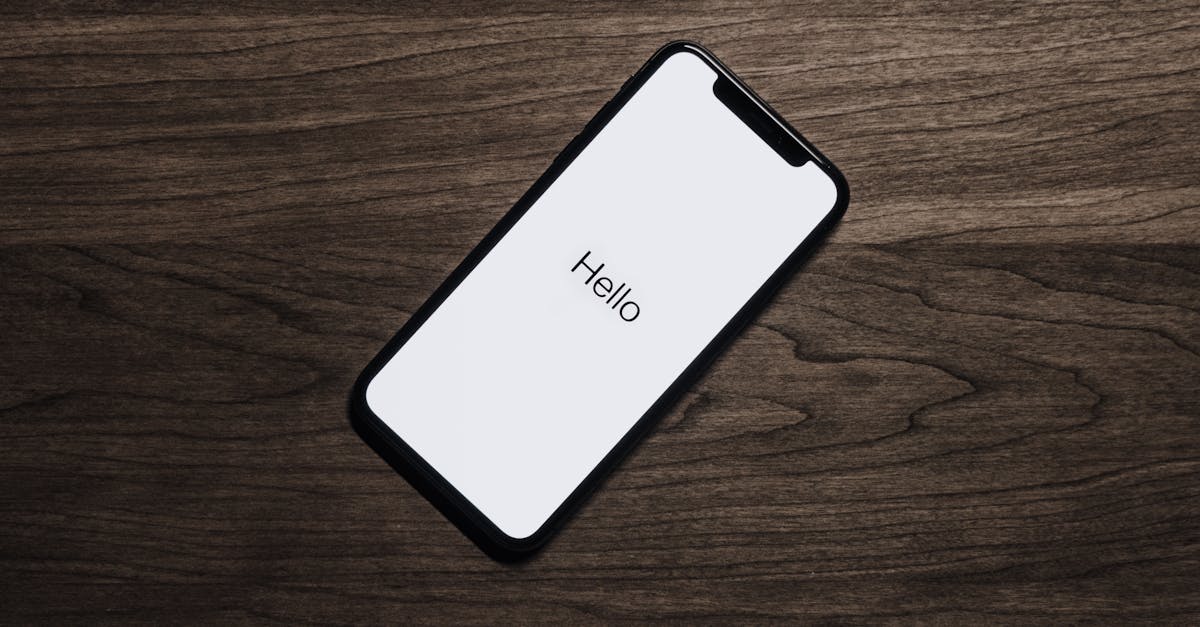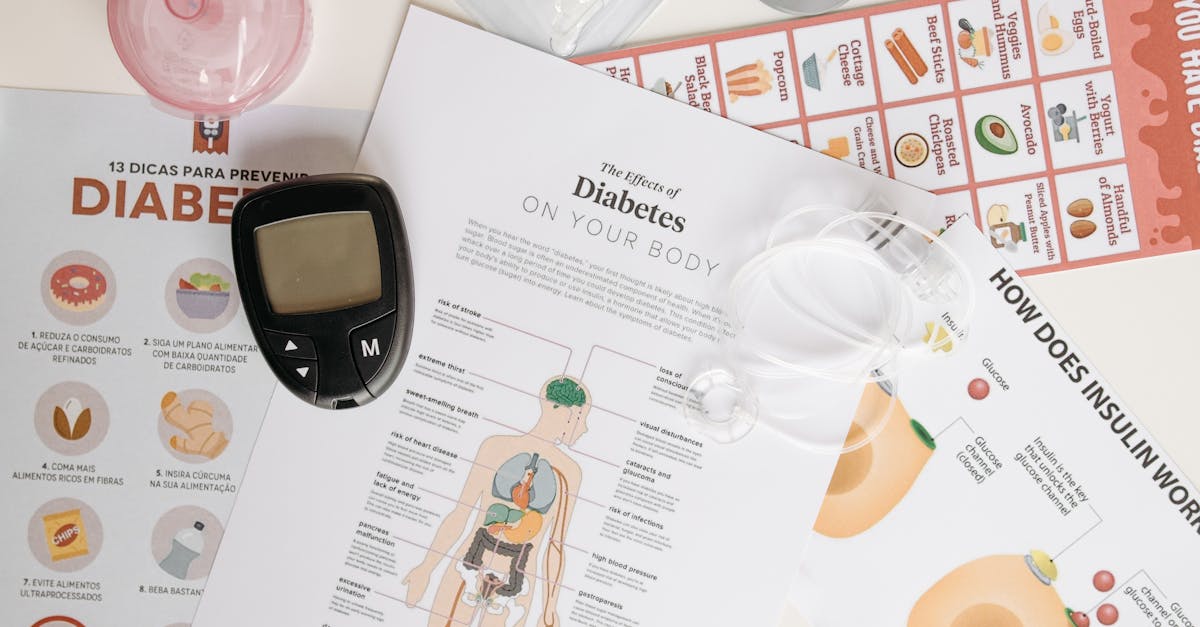Medical Alert Systems For Seniors
Introduction
Medical alert systems have become indispensable tools for seniors desiring independence while ensuring their safety. As technology evolves, these systems today offer more than just the traditional panic button. From fall detection to health monitoring, they're crucial for enhancing senior safety.
Advertisement
What are Medical Alert Systems?
Medical alert systems are electronic devices designed to signal emergency situations to caretakers or monitoring centers. Typically, they allow users to summon help with the press of a button. These systems often use a combination of mobile and landline technologies to ensure round-the-clock protection.
Advertisement
Key Features of Medical Alert Systems
Modern medical alert systems come equipped with several features to cater to varying needs. Fall detection sensors automatically notify help if a fall is detected. GPS tracking enables caregivers to locate the user if they're mobile. Moreover, some systems integrate with health monitoring devices to track vital signs like heart rate and blood pressure.
Advertisement
Benefits of Medical Alert Systems for Seniors
These systems provide seniors with peace of mind, knowing help is immediately accessible. They promote independence, allowing seniors to live alone safely. Additionally, many families feel reassured knowing their loved ones have an extra layer of protection, reducing caregiving stress.
Advertisement
Types of Medical Alert Systems
There are primarily two types of systems: in-home and mobile. In-home systems use landlines or base stations and are ideal for those who rarely leave home. Mobile systems, on the other hand, use cellular technology and GPS, perfect for active seniors who are often on the move.
Advertisement
Considerations When Choosing a System
When selecting a system, seniors and their families should consider factors like cost, ease of use, and coverage area. Some systems offer additional services like medication reminders. Understanding personal needs and preferences ensures the choice of an appropriate and effective system.
Advertisement
Installation and Maintenance
Most medical alert systems are straightforward to install, often requiring minimal technical skills. Regular maintenance checks are essential to ensure the system's functionality. Users should test their devices monthly and replace batteries or update software as instructed by the provider.
Advertisement
Costs Associated with Medical Alert Systems
The cost of a medical alert system can vary based on features and services. Basic systems range from a modest monthly fee to more sophisticated ones with higher prices. However, considering the security they offer, many find the investment worthwhile. Some insurance policies may cover a portion of the cost.
Advertisement
Testimonials and Success Stories
Many seniors and their families have shared how medical alert systems significantly improved their quality of life. Stories of quick responses during emergencies emphasize their value. These systems have often enabled seniors to remain in their homes longer than they otherwise might have.
Advertisement
Conclusion
In conclusion, medical alert systems are a practical safety measure for seniors, combining modern technology with dependable service. With a range of features tailored to diverse needs, they promote autonomy while ensuring rapid assistance when necessary. As the aging population grows, such systems will only become more essential.
Advertisement


